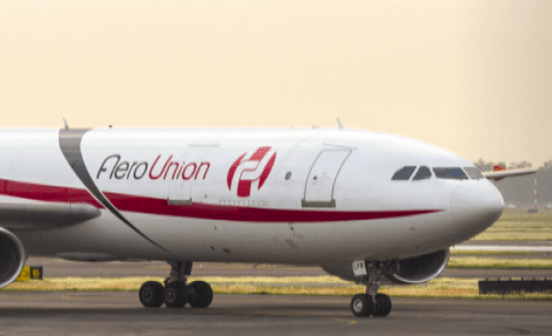Mexico’s Federal Economic Competition Commission (Cofece) authorized the merger between Tampa Cargo (Avianca Cargo) and Aero Transporte de Carga Unión (Aerounión).
What does it consist of? In the execution of a Commercial Cooperation and Collaboration Agreement; various service agreements to be entered into between the Notifying Parties and/or their affiliated companies, in order to integrate their operations, strengthen their operational capacity in the air cargo transportation markets in which they currently operate and, ultimately, to achieve and maintain a metal neutrality.
The transaction does not have a non-competition clause.
From the analysis conducted by Cofece, it is considered that, if the notified transaction were to be carried out, it would have little probability of affecting the process of free competition and economic competition.
Cofece
In general, the Commission is in charge of preventing concentrations whose purpose or effect is to diminish, damage or impede competition and free concurrence.
Likewise, it is empowered to challenge and sanction those concentrations and legal acts derived from them, whose purpose or effect is to diminish, damage or impede competition and free concurrence in the production, distribution and commercialization of goods and services in the Mexican Republic.
Therefore, it may authorize concentrations that are not contrary to the process of competition and free concurrence in terms of the Federal Law of Economic Competition (LFCE).
Airport operators must provide airport services or, in their absence, contract with third parties; in this case, the contracts require the approval of the Federal Civil Aviation Agency (AFAC).
At airports managed by private sector concessionaires, service fees are still regulated.
Airports
For each service, the Secretariat of Infrastructure, Communications and Transport (SICT) determines a maximum tariff per traffic unit (equivalent to 1 passenger or 100 kg of cargo), based on the concessionaire’s investment plan; tariffs may be adjusted after considering annual efficiency indicators achieved by the concessionaire and inflation. The airport use fee (TUA) paid by all passengers is one of the regulated fees.
The revenue generated by the TUA amounts to more than half of the airports’ total revenue and is, therefore, an important resource for the concessionaires.
Aeropuertos y Servicios Auxiliares (ASA), Aeropuerto Internacional de la Ciudad de México (AICM) and Aeropuerto Internacional Felipe Ángeles (AIFA) continue to set all airport fees for the airports they operate, but these must be approved by the Ministry of Finance and Public Credit (SHCP) and registered with the ACAA.
![]()

